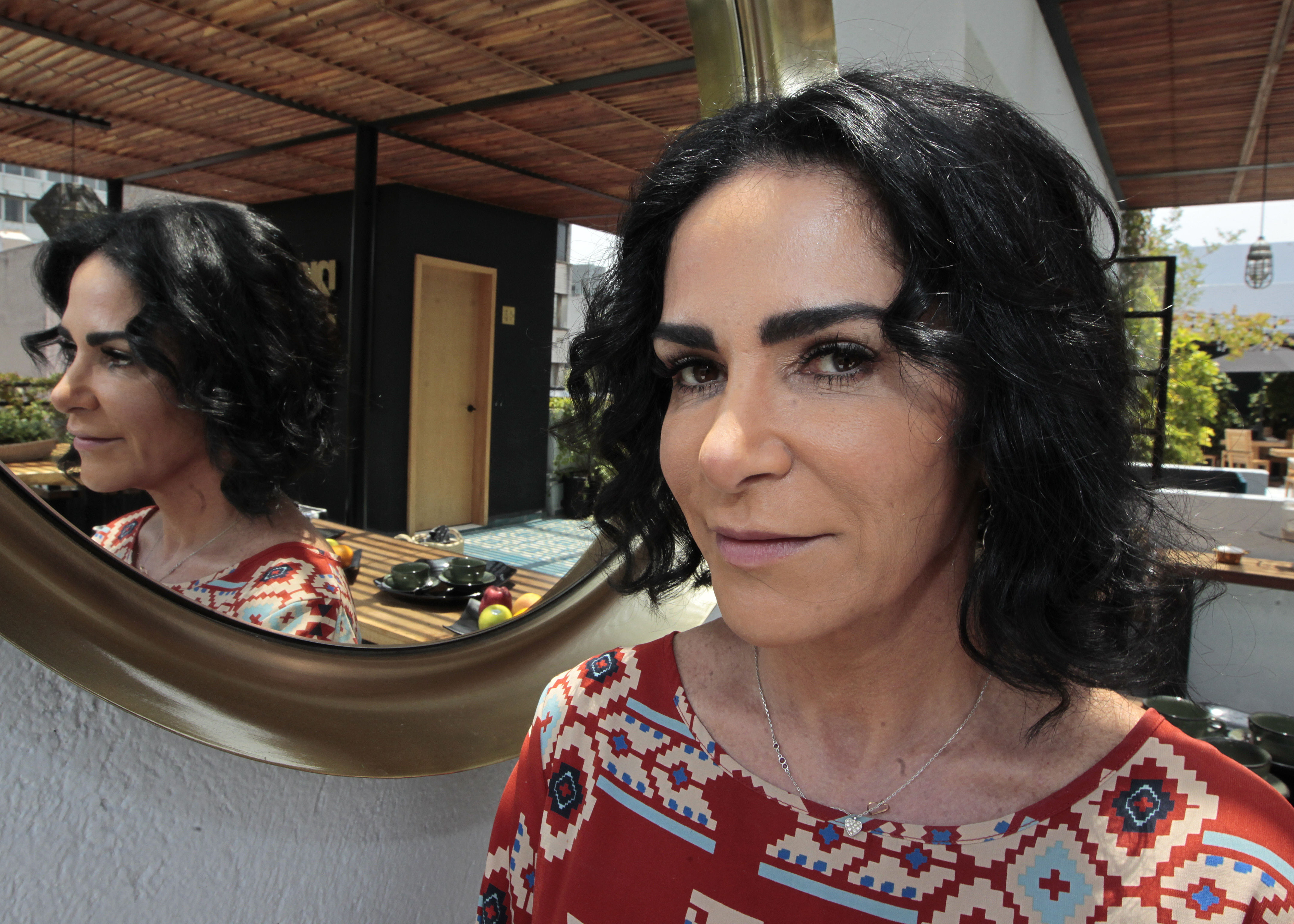
Mexican author challenges men to confront machismo
Muckraking Mexican author and women's rights activist Lydia Cacho told EFE that the time has come for men to speak about machismo, which she defines as a cultural formula based on power and violence.
"We need for men to start creating their own narrative, for them to start discussing machismo amongst themselves," she said apropos of her latest book, "#EllosHablan" (#MenTalk).
In her book, Cacho, 55, spoke to men between the ages of 15 and 70, who shared their childhood experiences involving the construction of masculinity around a patriarchal family model.
"It was suprising to find so many commonalities among them," Cacho said, adding that her investigation led her to realize the "distress" men experience when they start exploring machismo, "perhaps for the first time in their life."
Cacho - whose 2005 book "Los Demonios del Eden" (The Demons of Eden) exposed pedophile rings in Mexico operating under the protection of politicians and business leaders - believes that it is necessary for men to talk about the issue in order to expand the social dialog regarding machismo.
CONTENIDO RELACIONADO
The acclaimed investigative journalist said that many men received a misogynistic education growing up, which conditions them to "kill their sensitivity," so as to avoid being ostracized from the so-called masculine world by being regarded as homosexuals.
The book - which comes amid the social uproar caused by recent cases of sexual harassment - shows that men suffer equally from the overwhelming effects of machismo, which pushes them to decide between perpetuating it and uprooting it.
"We women socialize pain," she said. "If something happens to us, we speak about it despite knowing that we will be humiliated. Men do not dare do it because they are very afraid of pain."
According to her personal experience and based on the research she carried out for her book, men are often more willing to speak and open up to women due to the fear of being rejected by other men.



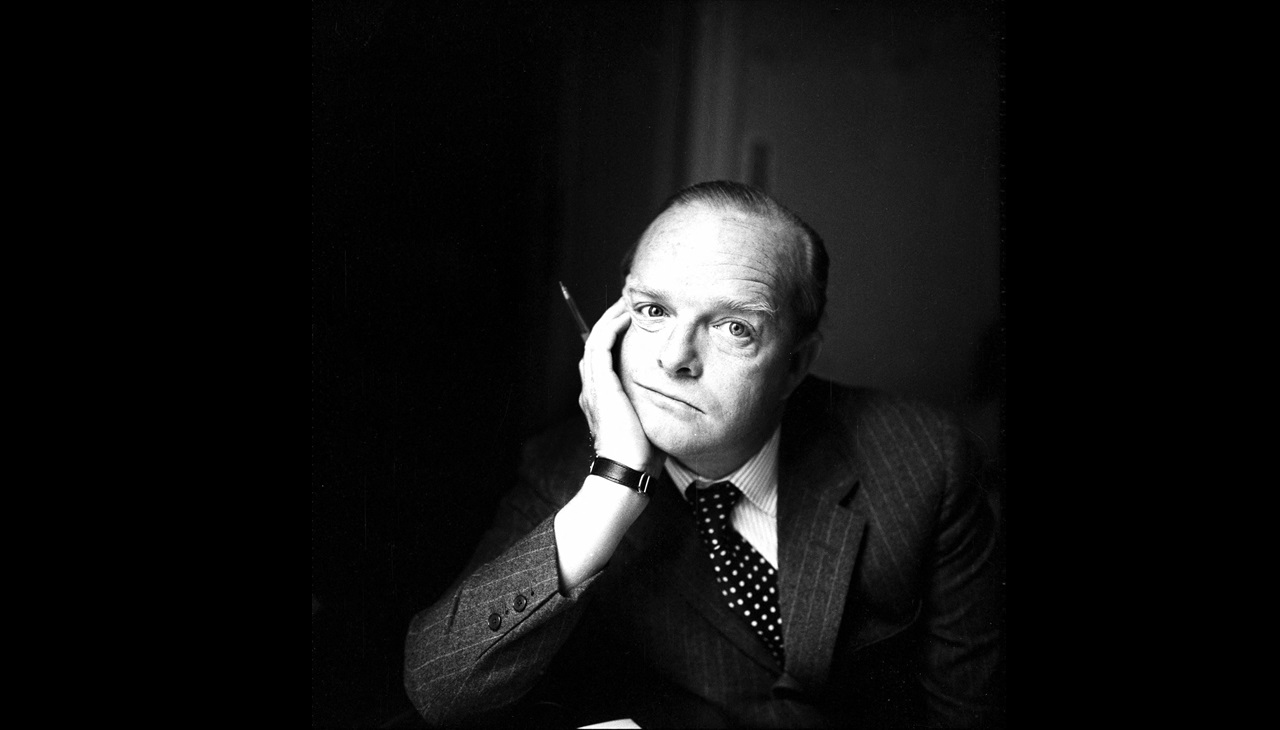

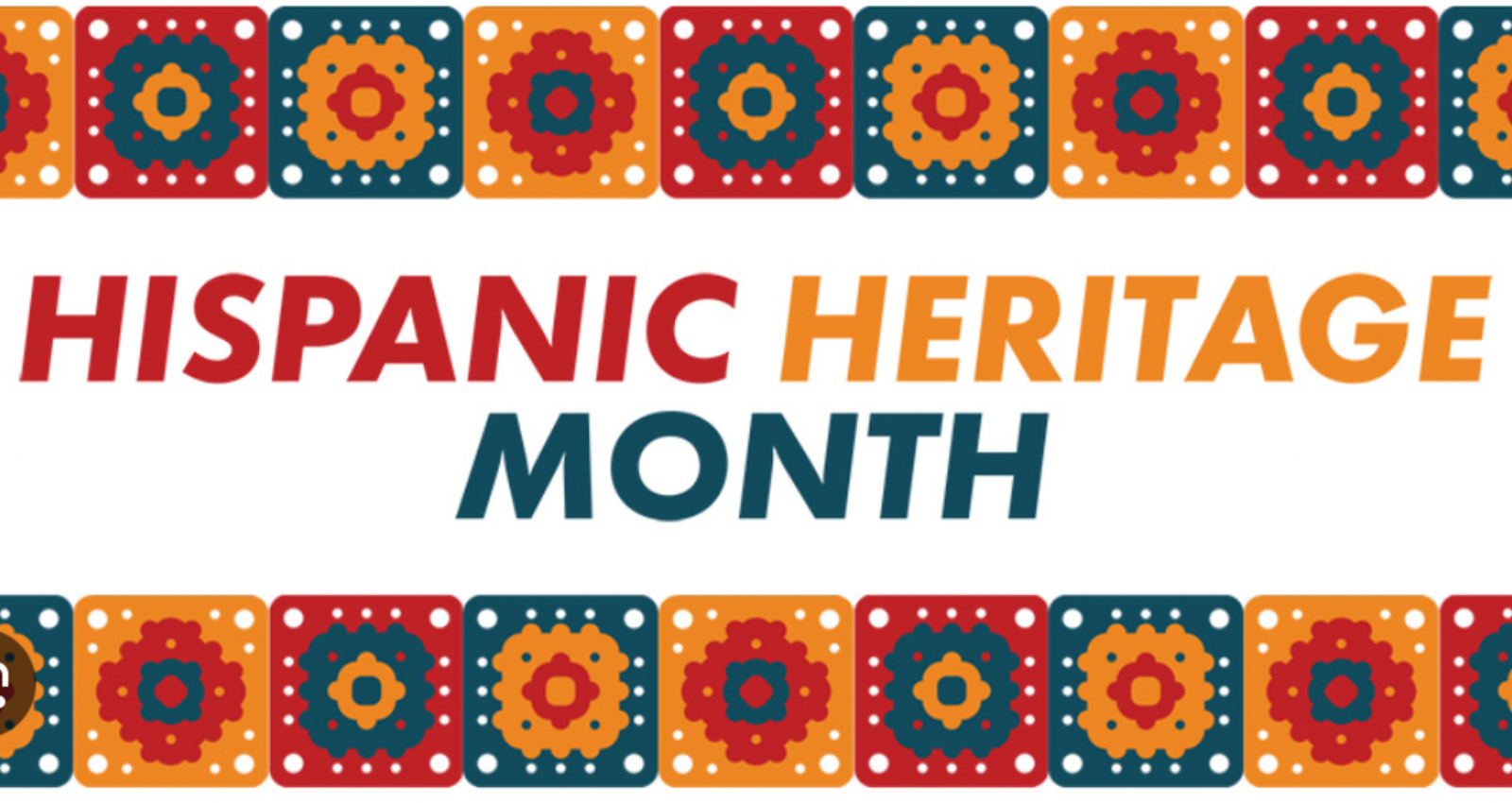


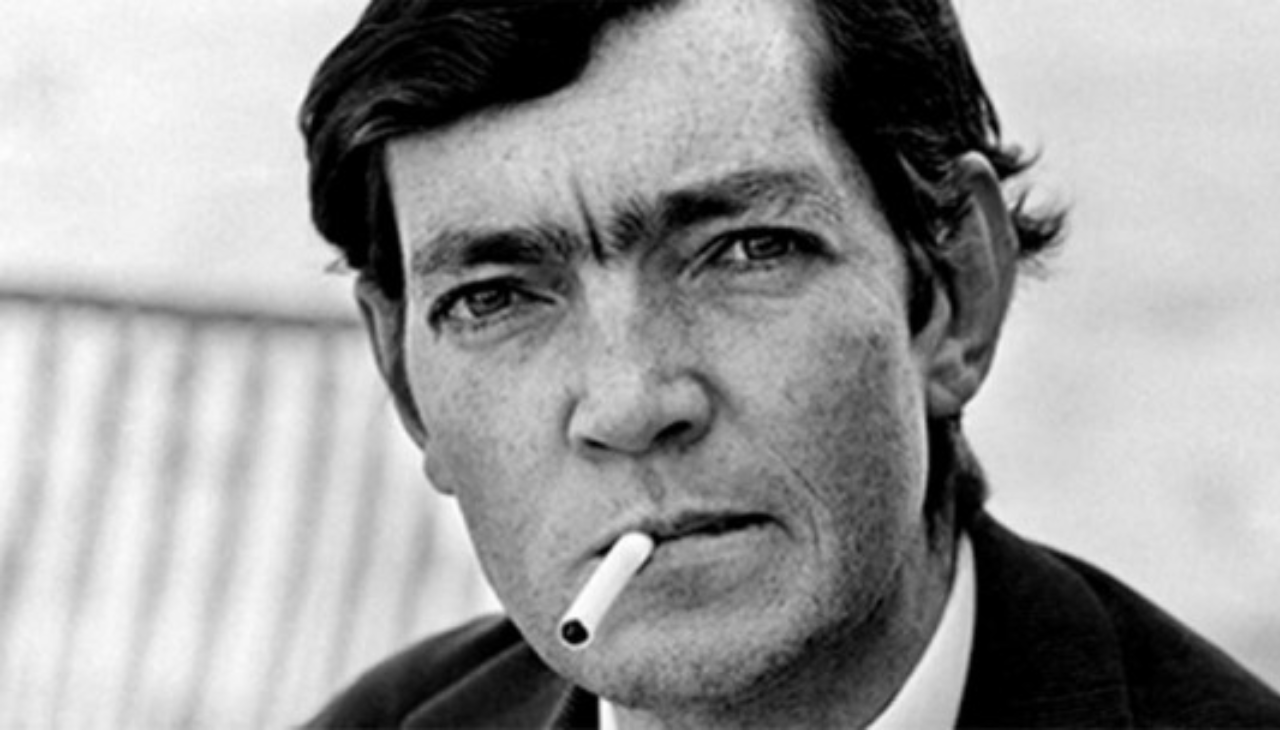
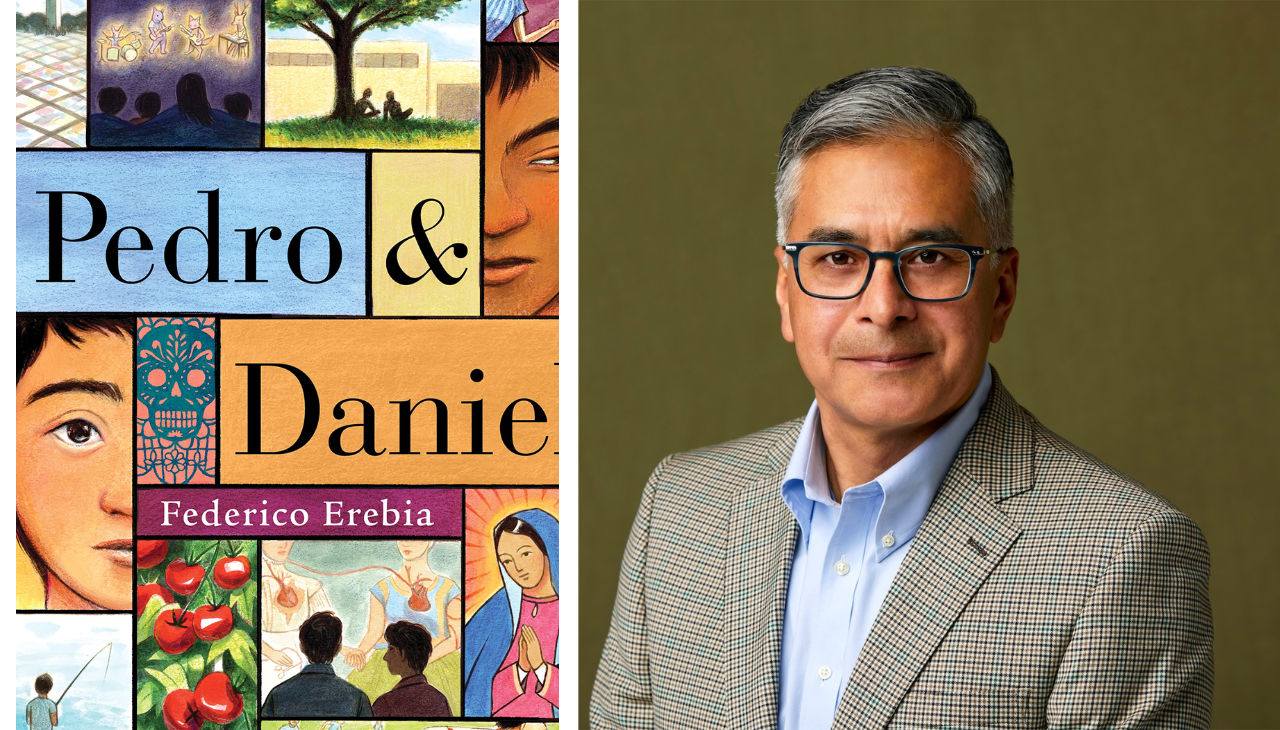
DEJE UN COMENTARIO:
¡Únete a la discusión! Deja un comentario.